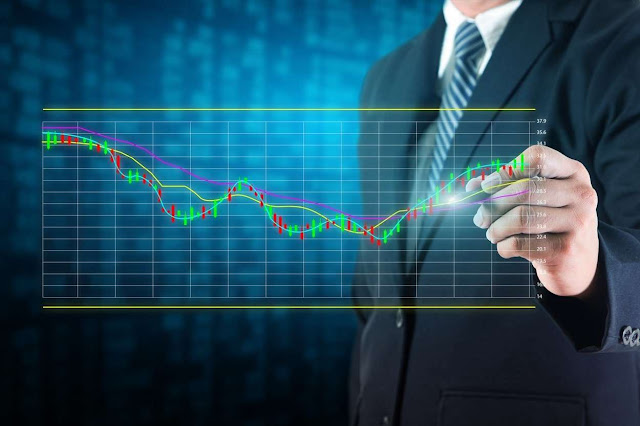How is The Growth of the Economy Measured? Indicators
The growth of the economy is measured through the Gross Domestic
Product (GDP), that is, with the annual increase in GDP in a nation.
What is GDP?
GDP represents the value of all final goods and services that are
produced by a nation in a given time, which usually corresponds to the year.
GDP is a variable that changes and fluctuates according to this:
• When GDP grows
faster than population growth, it is said that the standard of living
increases,
• On the opposite
case, if the growth rate of said population is higher than GDP, it would be
affirming that the population's standard of living would be decreasing.
Growth Can Be Measured In either
Nominal or Real Terms:
That is why if nominal GDP has increased at a growth rate of 5%
while inflation reached the number of 4% at the same time, it would have to be
according to real terms, the growth rate is barely 1%, and this 1% increase is
the real increase in GDP.
In the following article, you can find more information about the
Gross Domestic Product:
Criticisms of Economic Growth
The concept of economic growth and its positive influence on the
economy is deeply rooted in society. This is due to the influence of
neoclassical thinkers who bet on the "wildest" version of the market economy,
what we know as capitalism. Within its thesis, the objective is to grow to
continue generating wealth in the economy of a country at an aggregate level.
This idea seems quite logical, but wealth in many cases does not directly
affect the quality of life of the population: improvements in education,
health, salaries, in the quality of life in general.
A clear example of this is many developing countries, with high
growth rates were driven mainly by the global globalization process, but in which
the redistribution of income is totally unbalanced. In other words, the rich
accumulate more and more capital while lower-level workers continue to live on
the poverty line.
What Does Economic Development
Mean?
Economic Development is the ability of a country or region to
create wealth in order to promote or maintain the economic and social
well-being of its inhabitants. The branch of economics that deals with the
study of development issues is Development Economics.
However, in economies with unstable state models and strong
institutional weakness, high growth rates do not correspond to acceptable levels
of development.
To determine a more realistic relationship, a combination of
indicators that measure a country's economic development is used, including per
capita Gross Domestic Product, income and wealth distribution, life expectancy
at birth, adult literacy rate. And other indicators related to economic
prosperity and quality of life, collected in the Human Development Index (HDI)
prepared by the United Nations Development Program (UNDP). More visit Besteconstuition
Thanks.




Comments
Post a Comment